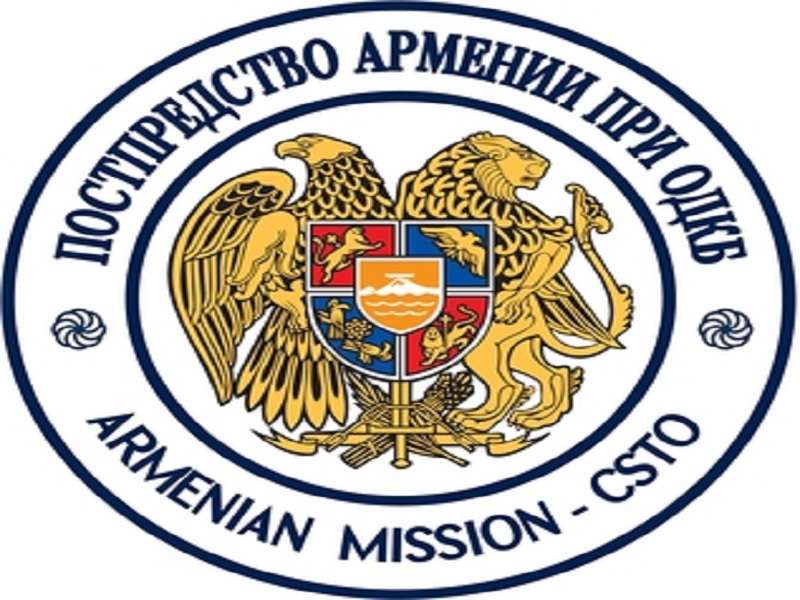Armenian Prime Minister Pashinyan announced that his country plans to withdraw from the CSTO at a future date after suspending its membership earlier this year, which he symbolically revealed on Russia Day (equivalent to Russia’s July 4th) and right after agreeing to strategically partner with the US. He justified this on the basis that his allies are “plotting a war” against Armenia with Azerbaijan. These two pieces here and here should help the reader understand why this development was so predictable.
To summarize, Russian-Armenian relations have been troubled since Pashinyan swept into power in a 2018 Color Revolution and then rapidly deteriorated after the 2020 Karabakh War with Azerbaijan, following which this trend accelerated once Baku regained full control over that region last September. In parallel with the aforementioned, the US and France ramped up their efforts to “poach” Armenia from the CSTO with promises of military support, which worsened those two’s ties with Azerbaijan.
The West envisages turning Armenia into its regional bastion for dividing-and-ruling the South Caucasus, which could take the form of militarily supporting the revival of Armenian revanchism against Azerbaijan. There’s no realistic chance of that happening anytime soon though since Azerbaijan trounced Armenia in 2020 and last year. The only reason why Azerbaijan didn’t “finish the job” by “demilitarizing” Armenia in order to sustainably ensure its own security is because of Russia’s CSTO mutual defense commitments.
Observers might therefore wonder why Armenia would want to leave that organization and therefore expose itself to the exact same scenario that Azerbaijan has been pining to implement but has been unable to solely because it doesn’t want to risk a war with its close Russian partner. After all, it’s unrealistic to expect Armenia to join NATO during the six months between announcing its withdrawal from the CSTO and then actually leaving, especially since Turkiye would never support this.
In theory, Azerbaijan and/or Turkiye could then “demilitarize” Armenia once Russia no longer has any mutual defense commitments to that country, which NATO would be unable to prevent since it won’t go to war against either – let alone both – and it has no easy way to resupply Armenia like it does Ukraine. With that in mind, Armenia’s recent progress on delimiting its border with Azerbaijan could also in theory remove the pretext upon which its neighbors could “demilitarize” it, thus ensuring its security.
Nevertheless, either or both of Armenia’s neighbors could still “demilitarize” it anyhow “just to be on the safe side” from the perspective of their national interests, so leaving the CSTO irresponsibly opens Armenia up to serious risks without any tangible benefits whatsoever. Additionally, even if neither of them “demilitarizes” Armenia right away, they might do so at a later time if it begins to pose a latent threat to their security through Western arms imports and potentially hosting Western advisors.
In other words, the West might replicate the Ukrainian model of clandestinely turning Armenia into a regional security threat all while gaslighting that no such threat supposedly exists, all until it becomes impossible to deny upon that bloc and its latest regional proxy formalizing their security ties. There’s no way that Azerbaijan and/or Turkiye would let the situation get anywhere near that point so observers should expect a “special operation” in the South Caucasus if the West hasn’t already learned its lesson.
